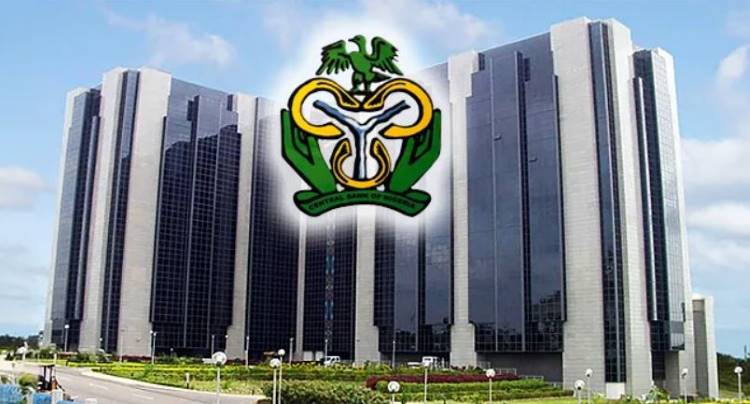CBN retains benchmark interest rate at 27.5%

The Central Bank of Nigeria (CBN) on Tuesday kept its benchmark interest rate unchanged at 27.5 per cent, marking the second consecutive time the apex bank has opted to maintain the rate.
CBN Governor Olayemi Cardoso announced the decision at the conclusion of a two-day Monetary Policy Committee (MPC) meeting held in Abuja.
Since 2022, the CBN had gradually raised the Monetary Policy Rate (MPR) from 11.5 per cent, implementing six rate hikes in 2024 alone, totaling 875 basis points. The decision to hold the rate reflects a cautious approach amid signs of improving economic conditions.
Mr. Cardoso stated that the decision was unanimous, citing encouraging macroeconomic trends:
“The MPC noted the relative improvements in some key macroeconomic indicators which are expected to support the overall moderation in prices in the near to medium term.
“Members also noted with satisfaction the progressive moderation in food inflation, and therefore commended the government for implementing measures to increase food supply as well as stepping up the fight against insecurity, especially in farming communities.
“The MPC thus encouraged security agencies to sustain the momentum while the government provides necessary inputs to farmers to further boost food production,” he said.
The benchmark interest rate, or MPR, serves as a key monetary tool to influence borrowing costs, inflation, and economic activity.
Other monetary parameters also remained unchanged. The asymmetric corridor around the MPR was retained at +500/-100 basis points. The Cash Reserve Ratio (CRR) stayed at 50 per cent for commercial banks and 16 per cent for merchant banks, while the liquidity ratio was maintained at 30 per cent.
Mr. Cardoso further explained that the committee took note of several positive developments, including:
“The progressive narrowing of the gap between the Nigeria foreign exchange market and BDC windows, the positive balance of payments position, and easing price of PMS.”
Despite the improvements, the MPC acknowledged that inflationary pressures persist.
“The committee, however, acknowledged underlying inflationary pressures driven largely by high electricity prices, persistent foreign exchange demand pressure, and other legacy structural factors.
“The MPC noted new policies introduced by the federal government to boost local production, reduce foreign currency demand pressures, and thus lessen the pass through to domestic prices,” Cardoso added.





